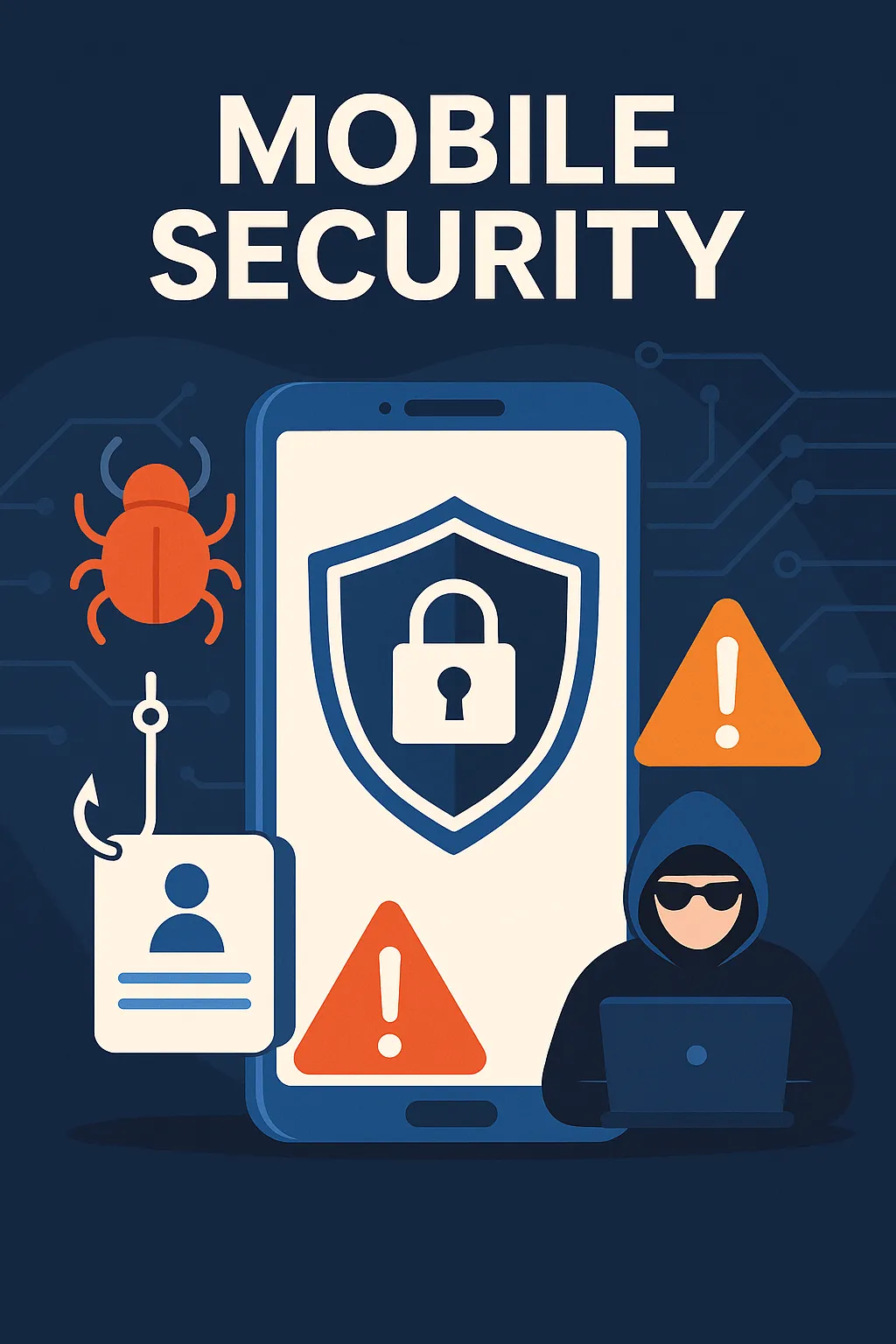Unlocking Mobile Device Security: Essentials, Risks, and Tips
Welcome to the complex world of mobile device security. Whether you're a casual smartphone user or a tech-savvy enthusiast, understanding how to protect your device is crucial in a digital age beset by cybersecurity threats. This guide will unravel the risks involved with rooted or jailbroken devices, share expert safety tips, and highlight secure communication technologies.
Understanding Rooting and Jailbreaking
Rooting and jailbreaking refer to the process of bypassing software restrictions imposed by a device's operating system. For Androids, it's rooting, and for iOS devices, it's jailbreaking. This can allow users to install unauthorized apps, update the OS, remove pre-installed apps, and customize anything that is usually restricted by the manufacturer. Research by Zimperium indicates that a significant number of devices have been compromised through these methods, increasing security vulnerabilities.
Mobile Security Tips from Experts
Ensuring the security of your mobile device is crucial. Experts recommend several strategies to safeguard your information:
- Regularly update your operating system and apps to fix security holes.
- Use strong, unique passwords for device access and apps.
- Enable two-factor authentication wherever possible.
- Avoid using public Wi-Fi for sensitive transactions.
- Use trusted security apps and services to enhance protection.
The Role of Secure Communication Devices
In a world where both personal and professional life intertwine with digital communications, having a secure device for sensitive conversations is vital. The Sectéra vIPer Universal Secure Phone is one such technology. It operates across various networks and protects voice and data communication from being intercepted. More on this can be found on General Dynamics' announcement.
When to Power Down Your Phone for Security
One of the simplest ways to protect your phone is turning it off. According to a report by the NSA, switching off your phone intermittently can prevent some forms of cyberattacks. This act denies potential attackers access to exploit the online connection or any dynamic data transaction processes.
Key Takeaways
Your mobile device is a gateway to your personal and professional data. Protecting it should be a high priority. To mitigate risks, keep your software updated, be cautious with physical and network access, and consider using secure communication devices for sensitive personal or business communications. By taking proactive steps, you can safeguard your data from the vast majority of threats.

